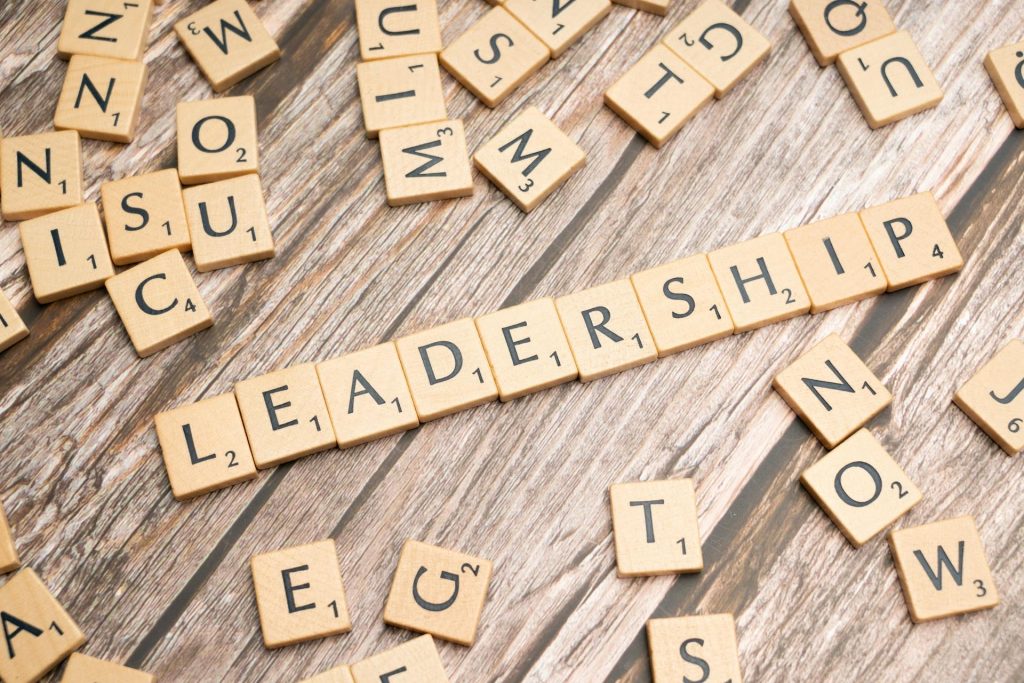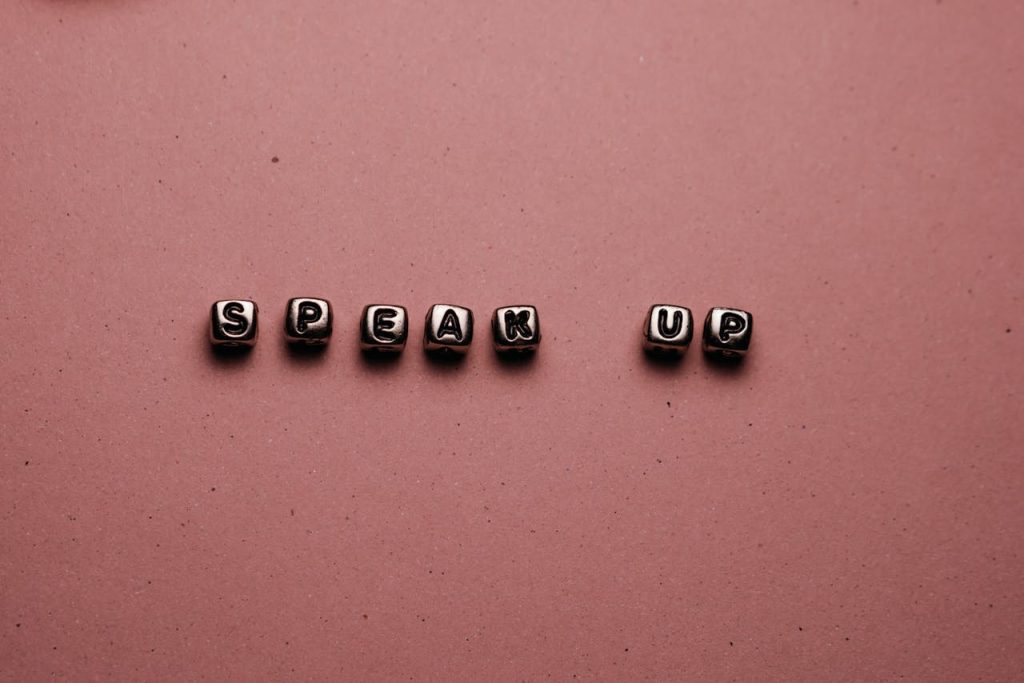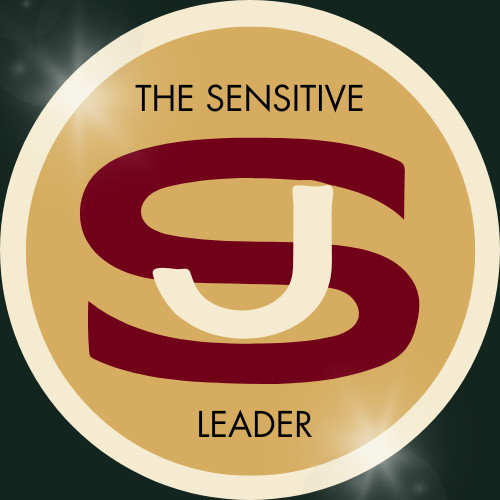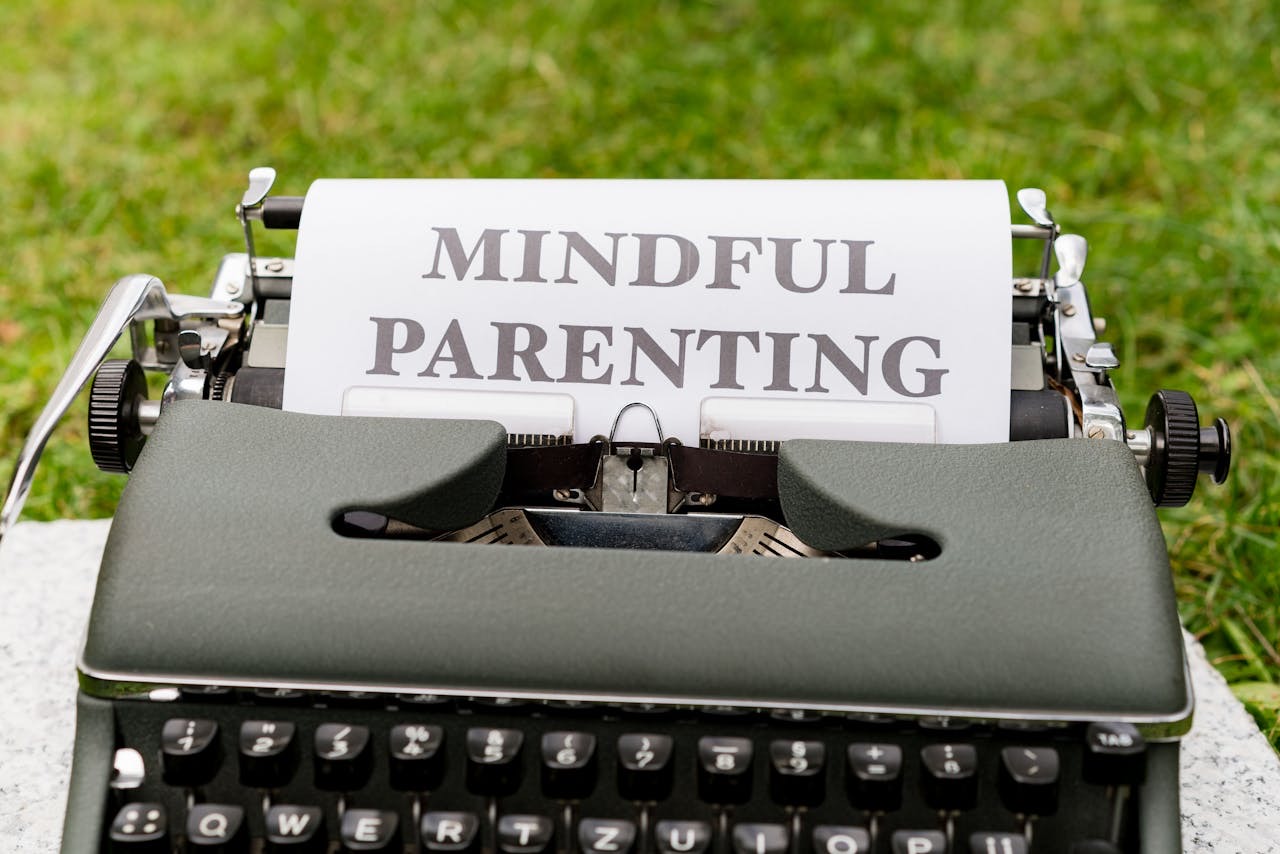We’ve all experienced moments where we wanted to ask an important question or express our true feelings, only to find ourselves paralyzed by fast heart palpitations, a foggy mind, and cold sweats. This isn’t about avoiding trivial battles but rather those critical moments when we wish we could speak up. Why do we sometimes lack the confidence we desperately need in decisive situations? Is there a straightforward path to gain confidence and trust ourselves enough to seek out these moments instead of avoiding them?

The Spanish saying “Bueno, bonito y barato” reflects the qualities we desire on a purchase: good quality, beauty, and affordability. When it comes to building confidence and a strong sense of self-assurance, I believe the “Holy Grail” consists of self-love, mindfulness, and leadership. There’s no shortcut to true confidence, but there are common pitfalls we can learn to avoid.
Understanding True Confidence
First, it’s essential to recognize that confidence isn’t something that can be handed to you. You can’t buy it, and even if you could, you wouldn’t know how to utilize it effectively. Confidence is something you must cultivate within yourself, regardless of setbacks and challenges. By personally experiencing love and guidance, we learn to identify our unique power.
Building Your Own Leadership Style
Your upbringing may have provided you with love and empowering experiences—or it may not have. It’s true that certain backgrounds better facilitate our growth in self-love and confidence. However, regardless of our past, we have the power to decide what those experiences mean and how we position ourselves in relation to them. This personal relationship with power and confidence is crucial for developing our true leadership style.

The Importance of Self-Reflection
My intention with this article is to empower you. Start by paying attention to your thoughts—both positive and negative. Observe them with curiosity. Recognize that you possess inherent abilities and strengths that are your birthright and responsibility to nurture. Confidence is not a fleeting mood, a compliment, or a new outfit; it’s a choice—a decision to believe in your capabilities.
The Power of Belief and Commitment
Once you make the decision to embrace confidence, it’s vital to own that commitment. The human brain naturally seeks to confirm our beliefs, much like how Google shows us results based on previous searches. We tend to look for evidence that supports what we believe, whether those beliefs are beneficial or detrimental. As the observer of your thoughts, you can choose beliefs that set you up for success.
Defining Leadership for Yourself
Next, consider what leadership means to you. For me, it starts with an inner voice that guides my desires. This voice may evoke excitement or frustration, but the seeds of power lie within those feelings. Acknowledging that voice and responding purposefully can be empowering. You have the choice to either focus on possibilities or make excuses. Your attention will determine the growth of your intentions.
Questioning External Expectations
Regularly ask yourself what you want to make of any given situation. How do the expectations of culture, family, society, and social media influence your energy and feelings? Identifying these influences can help you reclaim your power. Many people, as it has been my experience too, find that people-pleasing leads to disappointment when it comes to fulfilling our own needs. No matter how hard we try, there is no way we can control how people show up to meet our desires and expectations of them. Breaking free from these expectations can be challenging but very liberating.
Women’s Empowerment in a Patriarchal Society
Women, in particular, have historically been conditioned to give their power away in a patriarchal system. As Emily and Amelia Nagoski state in their book Burnout: The Secret to Unlocking the Stress Cycle, “The game of patriarchy is rigged against us.” To effect real change, women must reclaim their voices and engage in conversations that matter. Deep inside, we know our goal isn’t to serve others or maintain peace at any cost; we must therefore, show up authentically and advocate for ourselves.
The Urgency for Change and Authenticity
Change is inevitable, regardless of our upbringing or past relationships. We must accept our circumstances as they are and decide how we wish to engage with them. Authenticity means not waiting for an invitation to speak up; it means claiming our space in discussions and decision-making processes.
Collective Movement Towards Empowerment
Owning your leadership potential and cultivating self-love is not just a personal journey; it’s a collective movement that can reshape our world. The challenges we face are real, but so is our ability to overcome them. It’s time for each of us to reclaim our voices, challenge societal expectations, and engage in the difficult conversations necessary for positive change.
Recognizing Temporary Barriers to Confidence
Remember, you may temporarily have lost confidence in your power due to various factors, including upbringing and background. Acknowledging these barriers is the first step toward reclaiming your confidence and leadership potential. You can’t change what happened but you certainly can decide what you want to happen next.
1. Upbringing and Background: different upbringings can significantly impact one’s ability to grow in self-love and confidence. Those raised in supportive environments may find it easier to access their power compared to those who weren’t.
2. External Expectations: People often give their attention and power away to societal, familial, or cultural expectations. This external focus can lead to feelings of inadequacy and a diminished sense of agency and worthiness when there is cultural bias against you.
3. Fear of Rejection: The desire for love, safety, or validation may lead some of us to comply with others’ expectations even if this will hinder our self-expression and confidence.
4. Patriarchal Influences: Systemic issues, particularly for women under patriarchal systems, can create barriers to claiming one’s power. This can lead to feeling powerless in various aspects of life.
5. Denial of Power Struggles: Ignoring or denying the existence of power dynamics in relationships can prevent individuals from effectively navigating their own power. Acceptance of these dynamics is essential for personal empowerment and choice-making.
6. Avoidance of Conflict: The desire to maintain peace or the fear of confrontation can lead to inauthenticity, causing us to miss on opportunities to assert our power and influence. Is it really worth it?
7. Lack of Self-Love: A deficiency in self-love can make it difficult for individuals to feel worthy of their own power, creating a cycle of self-doubt. Break that cycle!
I stand for you to reflect on what power means to you and identify the areas in your life where you can assert your agency. Are you ready to step out of the shadows of expectation and into your own light? Take action today—whether it’s setting a boundary, pursuing a passion, or speaking up for yourself and others. Remember, you are not alone in this journey. Together, we can foster a culture of empowerment and respect. Let’s take the first step toward creating the change we wish to see.
Your power is waiting inside of you—embrace it!
Julia Santafé, MA
Leadership Coach
sensitivity-know-how.com




